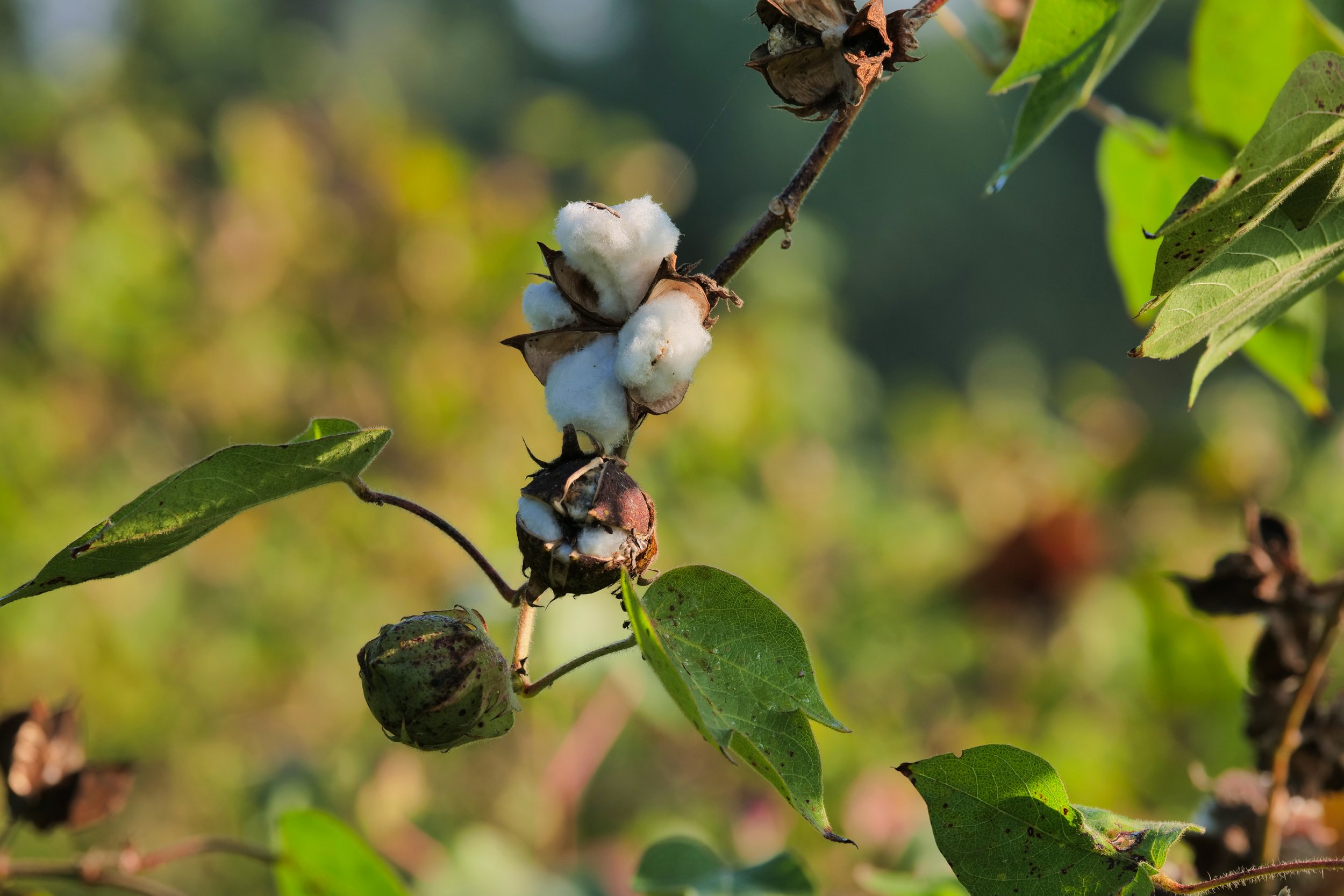World Water Day – Sustainable Cotton Farming Significantly Reduces Water Consumption
On World Water Day, we shine a spotlight on responsible usage of a finite resource in the cotton industry and celebrate initiatives that contribute to SDG #12 – Responsible Consumption and Production. In 2014, the World Economic Forum noted water security is “one of the most tangible and fastest- growing social, political and economic challenges faced today”.
Good agronomic practices are one part of the solution for rural communities but we also need to run our programmes into local and national initiatives to protect this vital asset.
In our recent work with Trucost, we looked at natural capital to understand how we need to truly value this vital resource. Natural and social capital accounting places a monetary value on the environment and measures the impact of business operations across the entire supply chain. By calculating a cost to society and the environment in terms of returns on investment and potential consequences, natural and social metrics can help companies to better understand the risks associated with the supply chain and compare the costs and benefits of potential projects.
Simple water management techniques deliver great outcomes
CottonConnect’s farmer training programmes demonstrate that by improving how cotton is grown, farmers reduce their water impact by as much as 30%. By installing simple technologies such as drip irrigation systems, savings of up to 60% can be achieved.
With 100 million farmers growing cotton globally, significant impacts can be delivered by providing access to learning and basic technologies. Our latest Impact Report highlights positive results such as 18.6% decrease in water usage in 2016-2017 across our programmes.
The business case for responsible water stewardship
There is an ever-urgent need to work with governments, and others across the whole supply chain to find sustainable solutions. Responding to this challenge isn’t just more viable economically, it makes business sense and protects brand reputation.
CottonConnect programmes on sustainable agricultural practices reduce water usage and contribute to a more sustainable future for the cotton industry.
Among other programmes, CottonConnect has been running REEL Cotton Programme – a three-year agricultural programme empowering farmers to increase their yield and profits while reducing their environmental impact. The training, which relies on eight principles, includes water management. As part of this module, farmers are taught to:
Source water from sustainable sources;
Adopt water resource recharging practices;
Use irrigation water that is safe for crop, soil and human health;
Understand the watering needs of cotton;
Record extracted water volumes.
Through these farming techniques, farmers endorsed in the REEL programme have decreased their water usage on average by 16%.
At CottonConnect, as a cotton community we work towards reducing and optimising water use by choosing and supporting sustainable cotton. With training and education, farmers can reduce water consumption by adopting more sustainable agricultural practices.



































